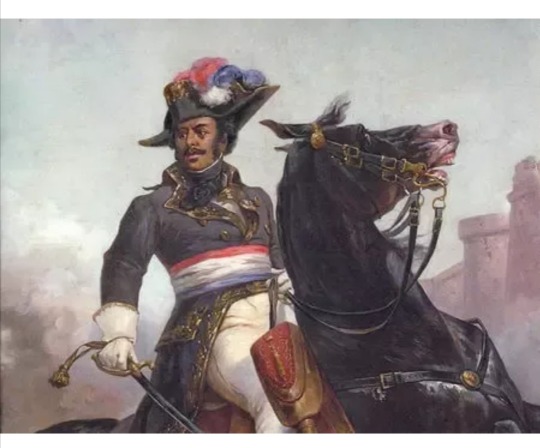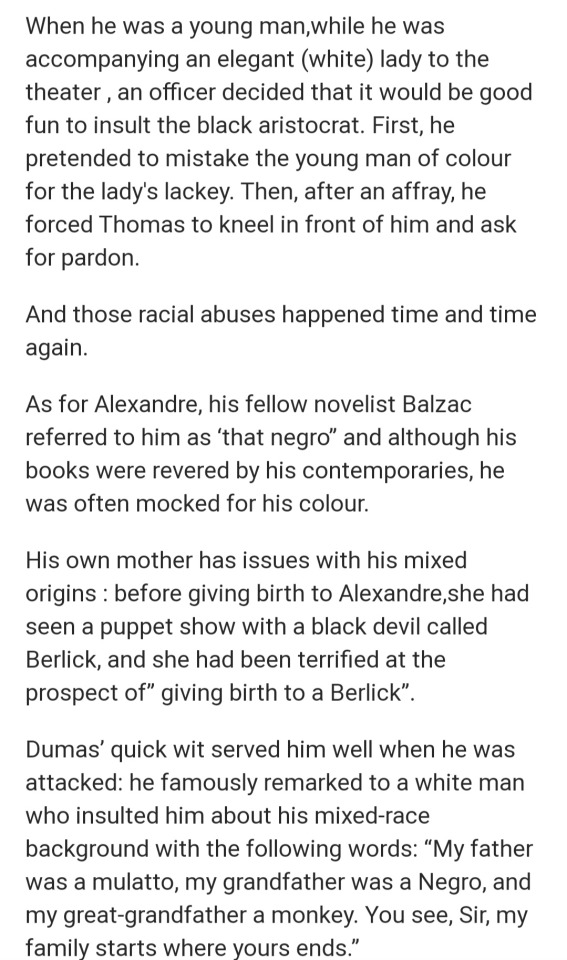#calvin direct reference to The Puppet
Explore tagged Tumblr posts
Note
June egberts full name: June Casey "bad bitch" Egbert
//catch mod dave incorporating his middle name headcanon for john,
jane: So, June! I’m kind of getting the vibe you want to keep your name as close to your dead one as possible here.
june: yep, less confusion. y’know?
jane: Sure thing. So are you choosing anything close to “Tobias” for a middle name then? Maybe... Tovia? I’m not sure what feminine name is close to that...
june: aw, you don’t have to worry about that. i already have one picked out!
jane: Oh! What??
june: june casey bad bitch egbert.
jane:
jane: June Casey what?
june: bad bitch. like with a “b” at th-
jane: I. I know how to... spell “bad bitch”.
june: okay.
#while im on that FULL NAME HEADCANONS#jonathan tobias egbert#also juniper casey egbert is really cute uh#rosalie ann lalonde#david elizabeth strider#no one is surprised#jadeyn marie harley#jeanette victoria crocker#roxanne olivia lalonde#((i now hc rox as genderfluid so on masc days if they bring up a middle name they go with oliver))#diederik calvin strider#calvin direct reference to The Puppet#and my personal fucking favorite#JACOB ELLIOT ENGLISH#homestuck#incorrect homestuck quotes#anonymous#mod dave#john egbert#june egbert#jane crocker
286 notes
·
View notes
Text

You probably remeber this scene from Django Unchained (2012) by Tarantino.
There’s a moment in Django when Dr. Schultz and Calvin Candie discuss Alexandre Dumas, the author of The Three Musketeers. Dr. Schultz speculates that Dumas would not have approved of Candie’s decision to feed one of his slaves to a pack of dogs while he was still alive. Candie inquires, “soft-hearted Frenchman?” to which Schultz responds, “Alexandre Dumas is black.” At this point, we the audience are supposed to fall out of our chairs, because it’s just so badass. If you take a step back from this, you realize it only happens so the audience can feel comfortable in their belief that slave-owners were uneducated idiots, but, yes, Alexandre Dumas was of African descent. He was actually one-quarter black.
His paternal grandfather was Marquis Alexandre-Antoine Davy de la Pailleterie, a French nobleman who fell in love with a slave named Marie-Cesette ( an Afro-Carribean creole of mixed African and French ancestry). He took her as a concubine and they had a mixed race son: Thomas-Alexandre Dumas
This is him (and he was pretty badass!!!)

He was the first person of color in the French military to become brigadier general, divisional general and general-in-chief of a French army. Thomas-Alexandre’s strength was a legend and Napoleon admired his bravery and appreciated his military expertise.
He married Marie-Louise Elizabeth Labouret (a white woman) and they had two daughters and a son, the famous Alexandre Dumas.
But: The issue of racism was never far from Dumas father and son.
Being of mixed race affected Thomas all his life: He was born into slavery because of his mother's status. In order to give him access to education, his father took the boy with him to France where Slavery had been illegal since 1315.
When he proposed to join the army, his father only agreed on condition that he enlisted under his mother's name , in order to preserve the family's reputation.
When he was a young man,while he was accompanying an elegant (white) lady to the theater , an officer decided that it would be good fun to insult the black aristocrat. First, he pretended to mistake the young man of colour for the lady's lackey. Then, after an affray, he forced Thomas to kneel in front of him and ask for pardon.
And those racial abuses happened time and time again.
As for Alexandre, his fellow novelist Balzac referred to him as ‘that negro” and although his books were revered by his contemporaries, he was often mocked for his colour.
His own mother has issues with his mixed origins : before giving birth to Alexandre,she had seen a puppet show with a black devil called Berlick, and she had been terrified at the prospect of” giving birth to a Berlick”.
Dumas’ quick wit served him well when he was attacked: he famously remarked to a white man who insulted him about his mixed-race background with the following words: “My father was a mulatto, my grandfather was a Negro, and my great-grandfather a monkey. You see, Sir, my family starts where yours ends.”
Dumas said nothing of the racial abuse directed at his father. He adored him though: he has fictionalised many of his father's real-life exploits in The Three Musketeers .
At the start of the novel, d'Artagnan's father tells his son, "never submit quietly to the slightest indignity", for "it is by his courage alone that a gentleman makes his way nowadays…” I’d like to think that it is his way to pay hommage to his father who remained strong and dignified in the face of oppression.
Here original post on Quora




#vavuskapakage#alexandre dumas#black writers#literature#literature history#french writers#french author#slavery#django#django unchained#quentin tarantino#quora answers#quoradaily#quora questions
142 notes
·
View notes